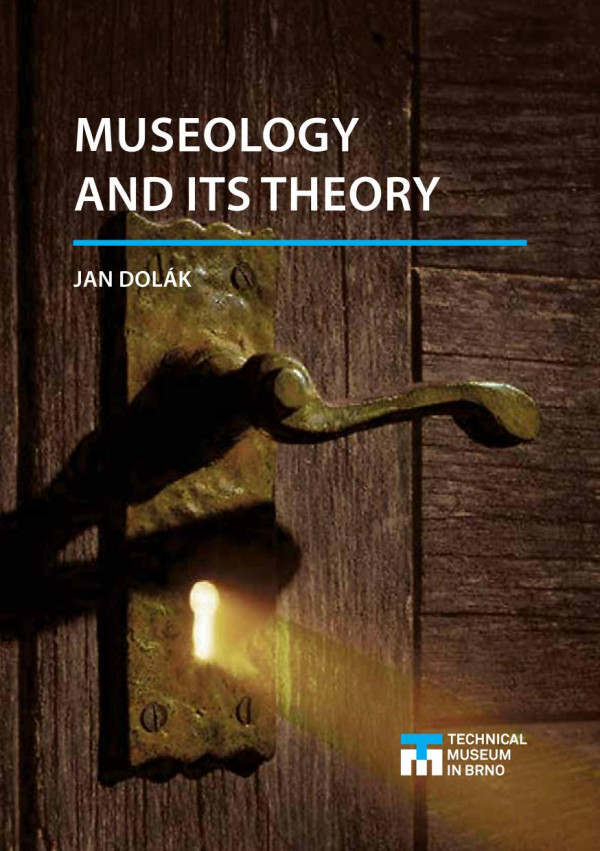

Most ebook files are in PDF format, so you can easily read them using various software such as Foxit Reader or directly on the Google Chrome browser.
Some ebook files are released by publishers in other formats such as .awz, .mobi, .epub, .fb2, etc. You may need to install specific software to read these formats on mobile/PC, such as Calibre.
Please read the tutorial at this link: https://ebookbell.com/faq
We offer FREE conversion to the popular formats you request; however, this may take some time. Therefore, right after payment, please email us, and we will try to provide the service as quickly as possible.
For some exceptional file formats or broken links (if any), please refrain from opening any disputes. Instead, email us first, and we will try to assist within a maximum of 6 hours.
EbookBell Team

5.0
108 reviewsMuseology as a university discipline has been cultivated for almost sixty years. During that time, it has taken a great step forward, not least in quantitative terms. There are hundreds of university departments named museology or museum studies all over the world. The book, magazine and internet output dealing with museology is enormous. However, we are witnessing a certain loosening up of the whole discipline. There is therefore a need to examine its theoretical basis, the terminology it uses and its research methods, to examine how and in what direction museology is developing and to subject its development to critical analysis. This book seeks to critically summarize the current trends in theoretical research in the field of museology, including the latest trends, to take from both older and newer approaches that which is truly alive and to say goodbye to development dead ends.